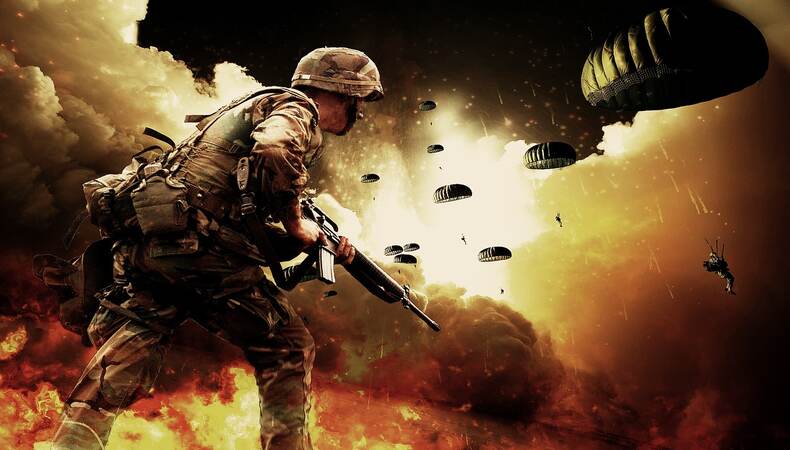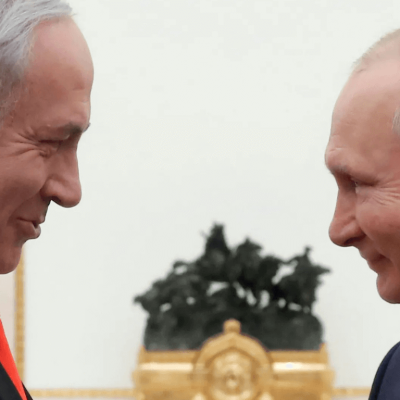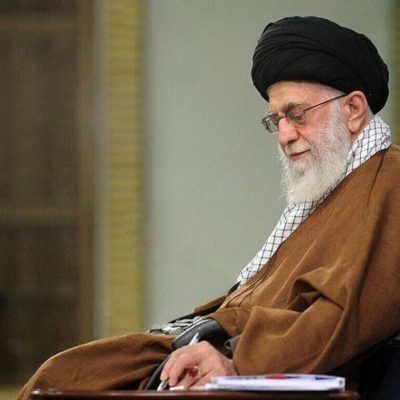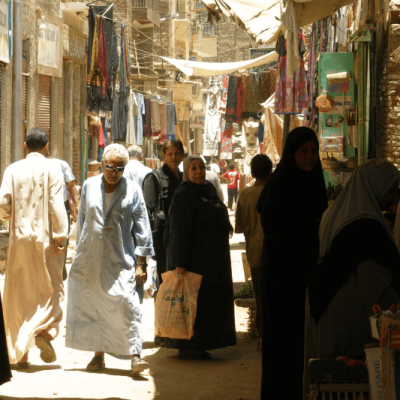How Israel and Hezbollah Exchanges Heavy Fire But Avoid All-Out War

Early on Sunday, Israel and the militant group Hezbollah from Lebanon engaged in a major firefight, one of the most fierce encounters of recent times. Still, neither side stopped short of igniting a feared full-scale conflict. Characterised by frequent cross-border attacks, this dialogue came to an end without more escalation when both sides indicated the hostilities were under temporary control.
Cease-Fire Talks in Cairo
High-level diplomatic initiatives started in Cairo, Egypt, after the conflict between Israel and Hezbollah temporarily stopped. Aiming to de-escalate more general regional tensions, these talks concentrated on negotiating a cease-fire between Israel and Hamas in Gaza. An Israeli official, speaking anonymously, claimed later on that although the representatives from both sides left Cairo, the delicate and continuous character of these conversations is reflected in the expectation of continuous talks.
Retaliatory Strike by Hezbollah and Preemptive Reaction by Israel
Hezbollah asserted responsibility for launching a major attack including hundreds of rockets and drones on an Israeli military intelligence location close to Tel Aviv. Israel said in reply that its response was preventive, aiming at Hezbollah sites to stop more aggression. But neither side could offer specific data to back up their assertions.
Citing it as a delayed reaction to the murder of a prominent terrorist commander in Beirut by Israel the previous month, Hezbollah leader Hassan Nasrallah expanded on the timing and justification of the strike. Nasrallah underlined that the attack was postponed to let the Gaza cease-fire negotiations to advance and to let other Iran-backed factions to consult Iran on a coordinated reaction against Israel. He also mentioned how their actions were shaped by Israeli and American military operations in the area.
Although Nasrallah reassured the Lebanese people that the nation should “take a breath and relax,” he cautioned that Hezbollah had the right to react further should Sunday’s attack fail to produce the expected results. He also underlined the possibility for future attacks by stressing that allied forces, including Iran itself and the Houthi rebels in Yemen, have not yet responded.
Casualties & Damage
Though Israel considerably downplayed the military significance, the confrontation resulted in losses on both sides. Israel said that one of its navy troops was killed and two others were wounded, maybe from an interceptor or shrapnel from the approaching fire, while Hezbollah and affiliated forces recorded the deaths of two of their men. Though he cautioned that the fight was “not the end of the story,” Israel’s Prime Minister Benjamin Netanyahu said the military had effectively eliminated thousands of rockets targeted at northern Israel and intercepted drones going for central locations.
Impact on Infrastructure and Civilians
With air raid sirens ringing across northern Israel and Israel’s international airport momentarily closing and aircraft diversions resulting, the exchange of fire had a major effect on civilian life in the country. Rear Admiral Daniel Hagari, Israel’s military spokesman, reported that about 100 Israeli aircraft targeted 270 targets, 90% of which were rocket launchers aiming at northern Israel. Hezbollah claimed, meantime, that along with a significant number of drones, over 320 Katyusha rockets were fired against several points in Israel.
Residents of northern Israeli city Acre, including 76-year-old retired teacher Saadia Even Tsur, felt the direct consequences of the war right away. Tsur told how his house barely avoided major damage, with trash all over his bed just minutes after he had left the room.
American Involvement and Diplomatic Reactions
After both Israel and Hezbollah said their activities had stopped, Lebanese caretaker Economy Minister Amin Salam showed wary hope about a de-escalation following the exchange. President Joe Biden was closely observing the matter, hence the international reaction was equally quick. Underlining the gravity with which the U.S. viewed the possibility for a wider battle, the U.S. Pentagon stated that Defense Secretary Lloyd Austin had spoken with his Israeli counterpart, Yoav Gallant, and that U.S. carrier strike groups in the area were directed to remain in position.
Later on Sunday, General CQ Brown, the Joint Chiefs of Staff chairman, landed in Israel to meet with Israeli military chiefs. Reflecting the increased level of awareness and readiness in the Middle East, their conversations concentrated on cooperative preparations and approaches to handle the continuous dangers in the area.
Staying Away from a Total War
Expert at Israel’s Institute for National Security Studies Danny Citrinowicz advised that Hezbollah’s activities could be an effort to “balance the equation without escalating into war.” Israel and Hezbollah seem to be deftly controlling their stories to assert success and sidestep a more general battle. Beginning its strikes on Israel just after the Gaza conflict broke out in October, Hezbollah has since almost daily exchanged fire with Israel, causing extensive displacement on both sides of the border.
Nowadays, Hezbollah is thought to be far more potent than it was during the 2006 war with Israel. According to American and Israeli assessments, Hezbollah has about 150,000 rockets that could reach any point inside Israel. Furthermore created by the organization are sophisticated drones and precision-guided missiles capable of challenging Israel’s comprehensive missile defense systems.
Iran’s Part and Regional Consequences
Close friend of Hezbollah, Iran has also been heavily involved in the more general regional issues. Iran has warned reprisals against Israel after senior Hamas leader Ismail Haniyeh was killed in Tehran last month; Israel has not admitted any role in the tragedy. Although Iranian official media has hailed Hezbollah’s latest operation as successful, there has been no official reaction from the government.
International mediators, who see a cease-fire in Gaza as necessary to avert a more general Middle Eastern war, nonetheless worry about the possibility for a wider battle. Underlining the interdependence of the crises in the area, Hezbollah has said that it would stop attacking Israel should a cease-fire be reached.
Continuous Negotiations for Ceases-Fire
Emphasizing a truce and the release of hostages held by Hamas, the Sunday negotiations in Cairo sought to close gaps between the stances of Israel and Hamas. Under a larger worldwide effort to stabilize the area, the conversations involving CIA Director William Burns and Mossad chief David Barnea involve.
Although Egyptian and Qatari mediators briefed the Hamas group, they did not participate actively in the negotiations. The delicate and complicated nature of these negotiations emphasizes the continuous difficulties in attaining a long-lasting peace accord in a territory rife with past animosities and conflicting interests.
West Bank Constant Violence
In the midst of more general regional conflicts, violence also broke out in the occupied West Bank, as Israeli security personnel killed two people apparently trying to run over soldiers in Ariel, slightly hurting one. This episode fits a larger trend of violence in the West Bank, therefore hindering the attempts toward stability and peace in the area.
The world community keeps a watchful eye since the situation is still uncertain, expecting that diplomatic initiatives will overcome military might.




